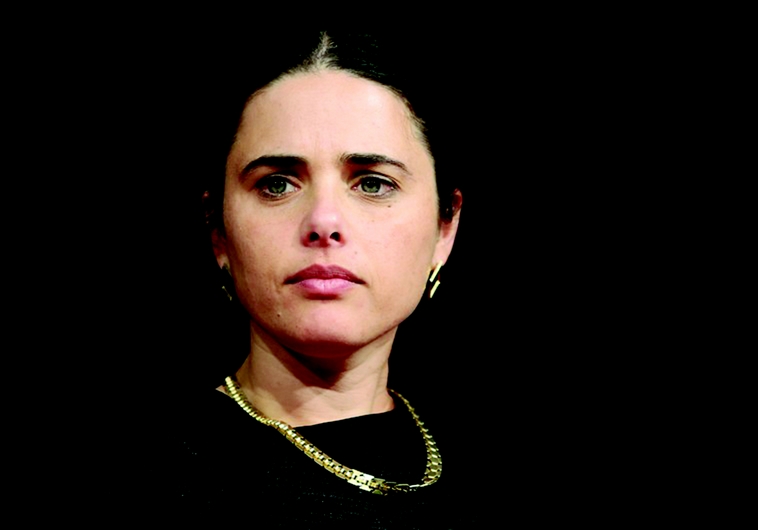Shaked, Liberman continue controversy over doctors to force-feed hunger-striking prisoners
There are currently four security prisoners on hunger strike, and one of them is hospitalized in serious condition.
 Ayelet Shaked, nouvelle ministre de la Justice(photo credit: MARC ISRAEL SELLEM/THE JERUSALEM POST)Updated:
Ayelet Shaked, nouvelle ministre de la Justice(photo credit: MARC ISRAEL SELLEM/THE JERUSALEM POST)Updated: